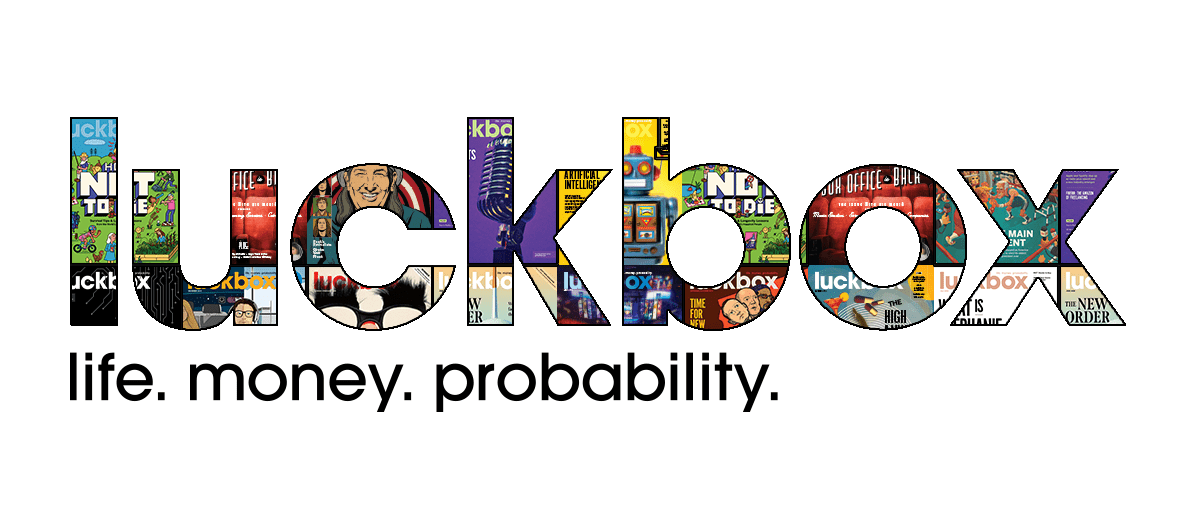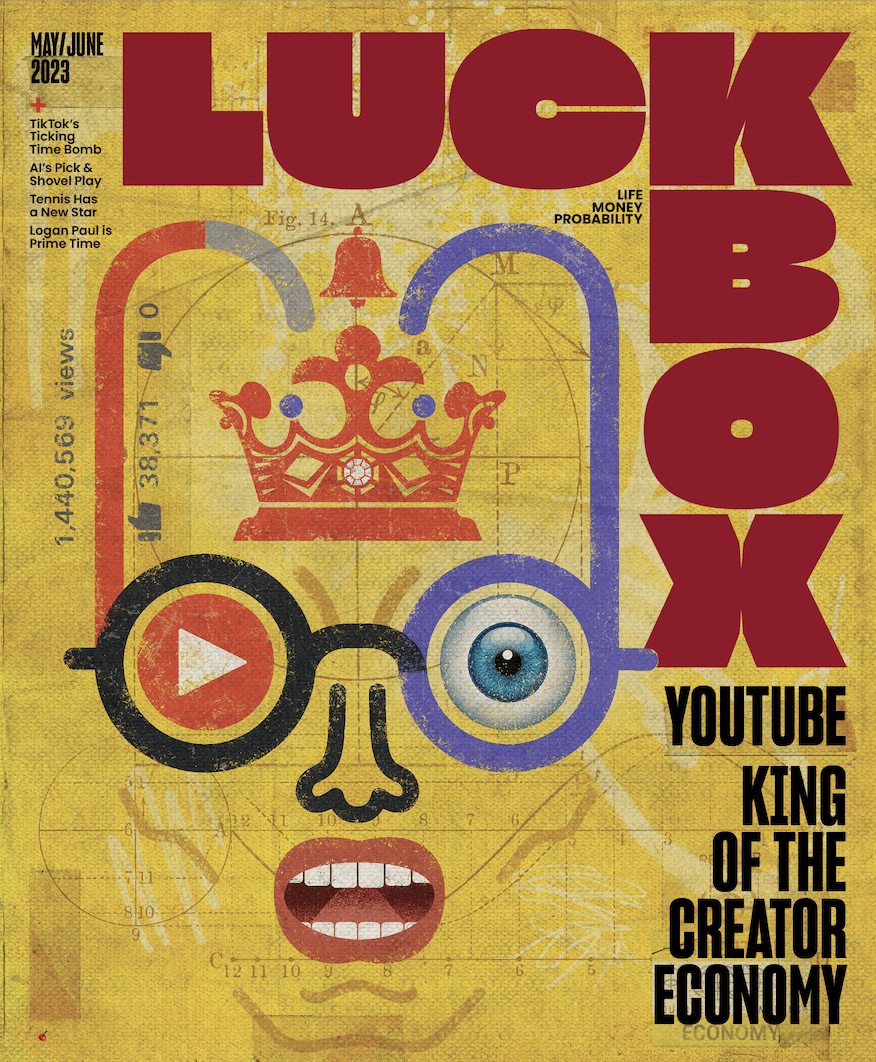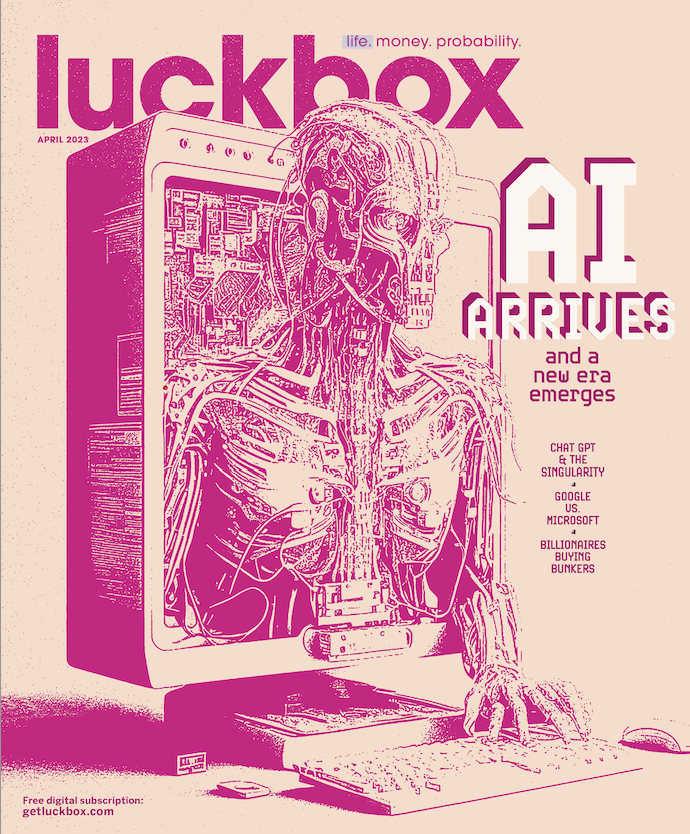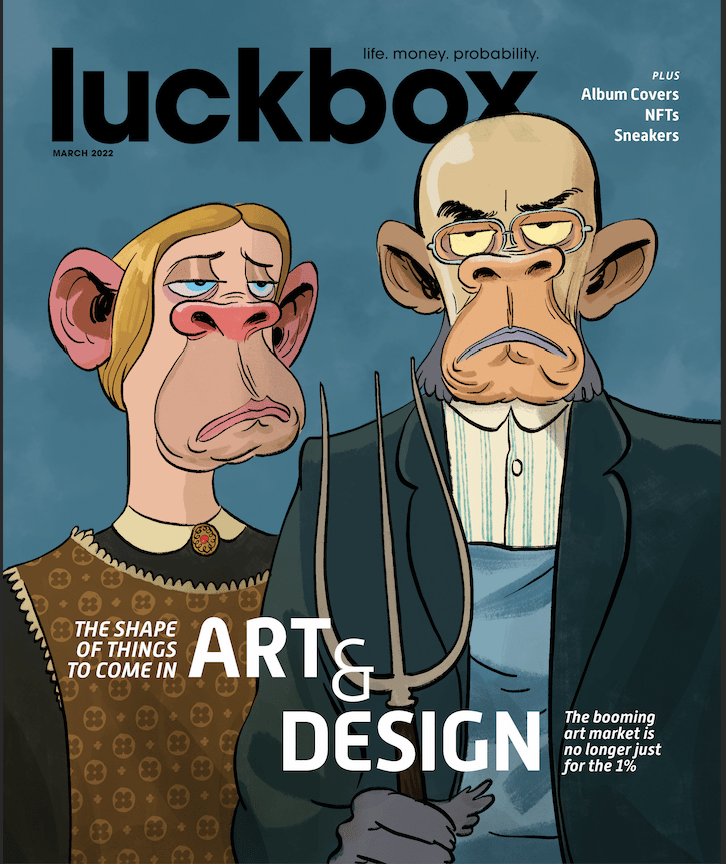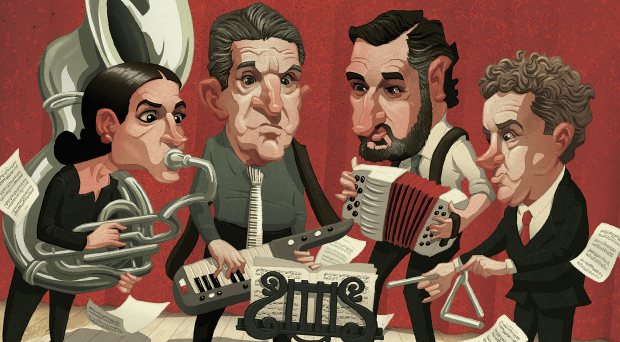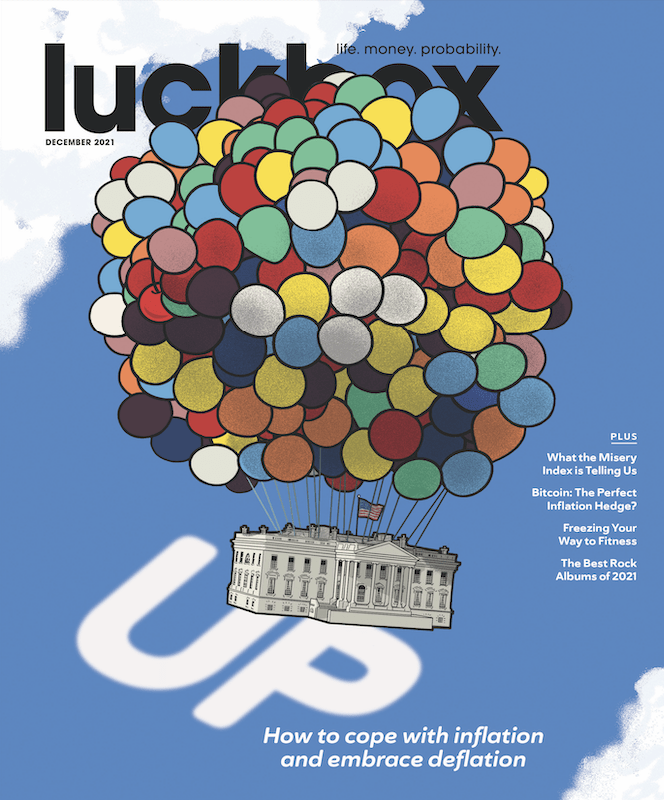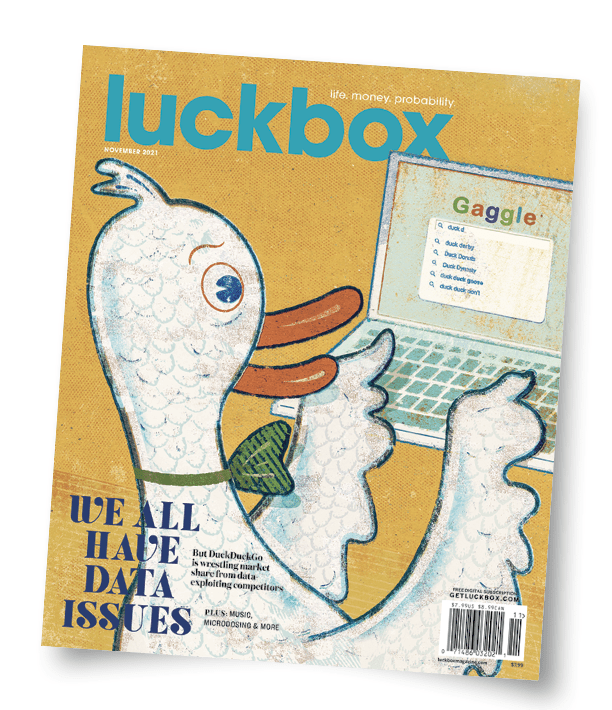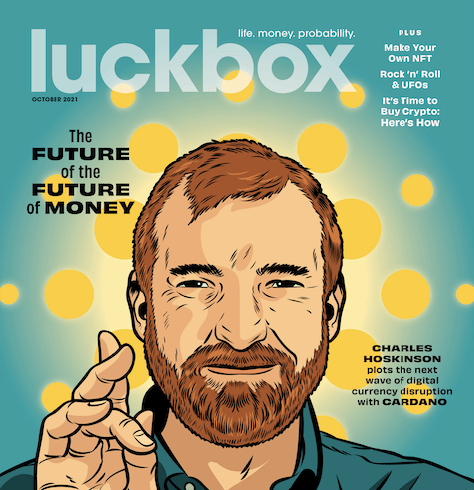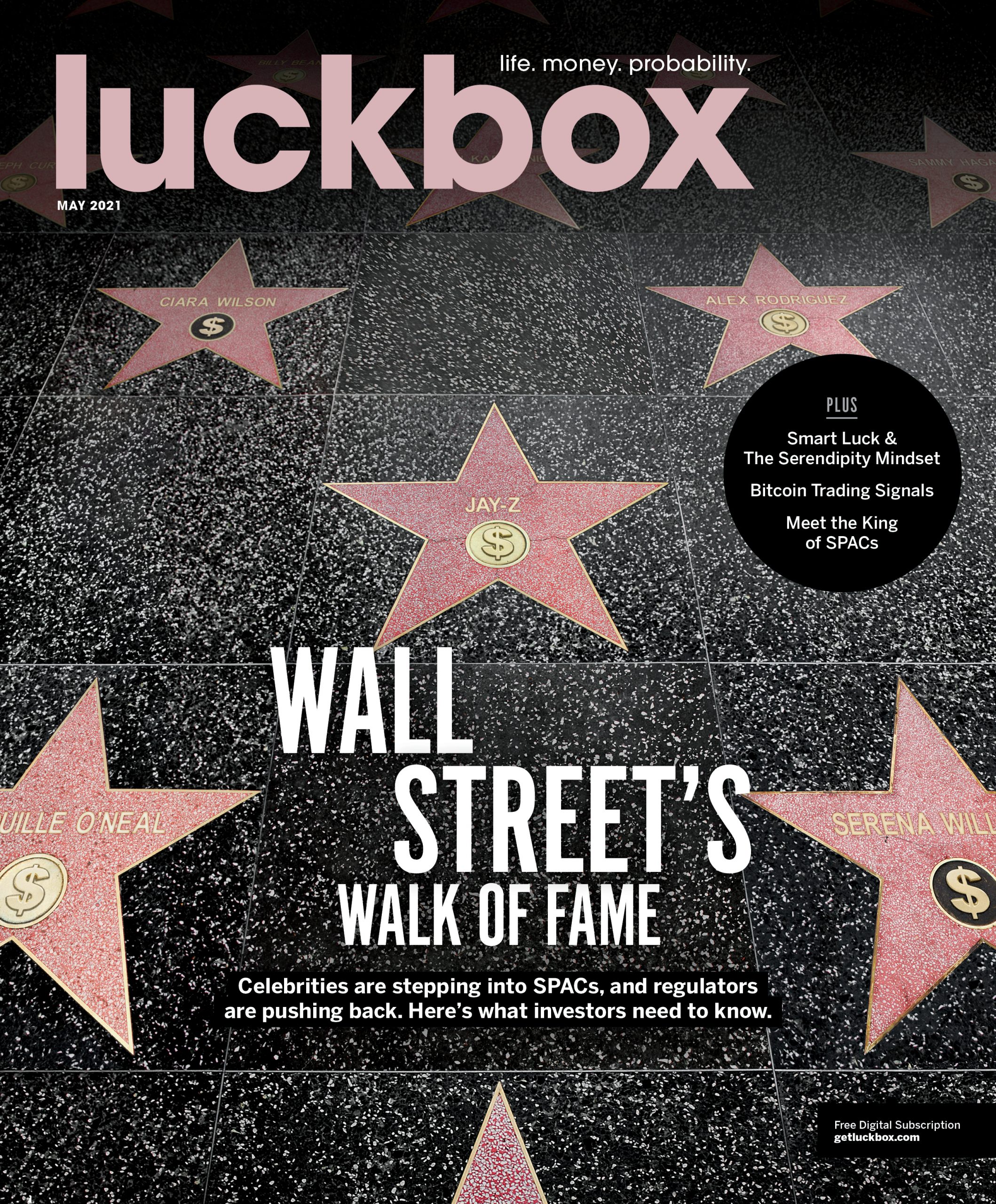Amazon: Which side are you on?
My daddy was a miner
He’s now in the air and sun
He’ll be with you fellow workers
‘Til every battle’s won
Which side are you on?
Which side are you on?
—Which Side Are You On?, Florence Reese, 1931
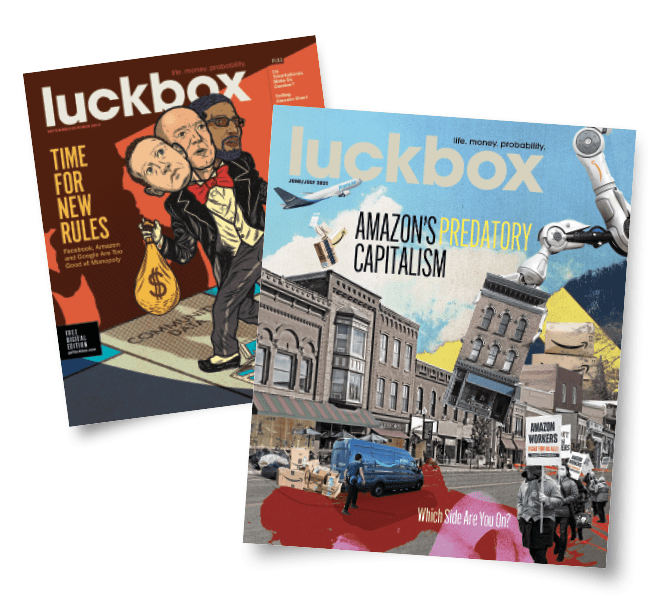
The activist wife of a United Mine Workers organizer wrote those lyrics after the county sheriff and a gang of company thugs broke into her family’s home. It was in 1930s Kentucky at the outset of a decade-long clash that became known as the Harlan County Wars—the epic movement to unionize the mines. The song has become an anthem for union workers everywhere and has been performed by Pete Seeger, Natalie Merchant, Tom Morello and the Dropkick Murphys.
Its timeless lyrics still capture the feelings of today’s workers as they try to organize unions at notoriously harsh Amazon fulfillment centers. But those efforts can fail, as they did this spring in Bessemer, Alabama, when Amazon reportedly intimidated employees, practically forcing them to vote no to unionize.
Amazon’s lawyers were probably smart enough to avoid breaking any labor laws or regulations in the union-busting schemes, but they undoubtedly contorted the rules in ways their framers never intended.
But bending the rules has become a specialty for Amazon.
Amazon is consolidating its control of government at all levels. It now owns a huge share of the cloud computing capacity vital to a growing number of clients in municipal, county and state governments.
It manipulates cities, luring them into sharing valuable data and offering up sizable tax breaks and other incentives in the hope of landing Amazon offices or distribution operations.
The company spares no expense in its efforts to lobby Congress and government agencies. The strategic focus of its 115 lobbyists on particular government officials and departments serves as a preview of what industries the company is plotting to dominate.
Meanwhile, the very existence of the USPS may be in the hands of Amazon. But even while the company relies on the postal service for some deliveries, the two compete for the more lucrative deliveries.
Amazon’s Ring Video Doorbell records the piracy of the packages the company itself delivers, but that security comes at the expense of Big Brother-style surveillance that bodes ill for the future.
The company’s forays into facial recognition technology pose another threat to privacy and could become doubly scary if Amazon combines that tech with the home security cameras it already sells.
Then there’s the seemingly endless scandal of Amazon’s tax avoidance. The nation’s third-biggest company, headed by the world’s richest man, pays only a pittance to support all of the government services it enjoys.
Free marketers laud Amazon as a big winner in the game of capitalism. It delivered a record performance in 2020 with annual revenue up 38% to $386 billion, a yearly increase of over $100 billion.
But the company trashes the free market to achieve those results.
It capitalizes on its immensity and wealth to eliminate healthy competition by absorbing or simply wrecking smaller companies.
On Amazon Marketplace, it takes unfair advantage of third-party sellers by charging exorbitant fees, filching sales data and appropriating product ideas.
The Luckbox take on the sins of Amazon has appeared in print before, namely in the September-October 2019 big tech issue called Time for New Rules.
This time, Luckbox again reached out to Amazon to tell its side of the story but didn’t receive a reply. Be that as it may, this obviously capitalist publication is taking a stand against Amazon’s predatory capitalism.
Which side are you on?

